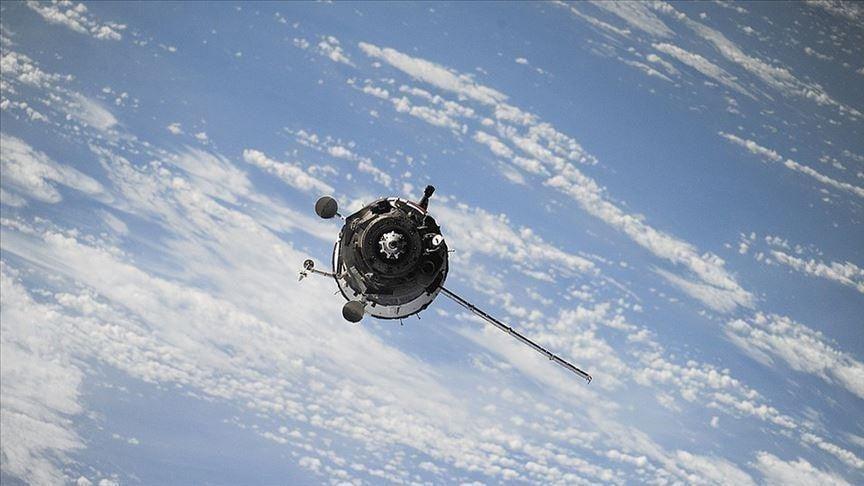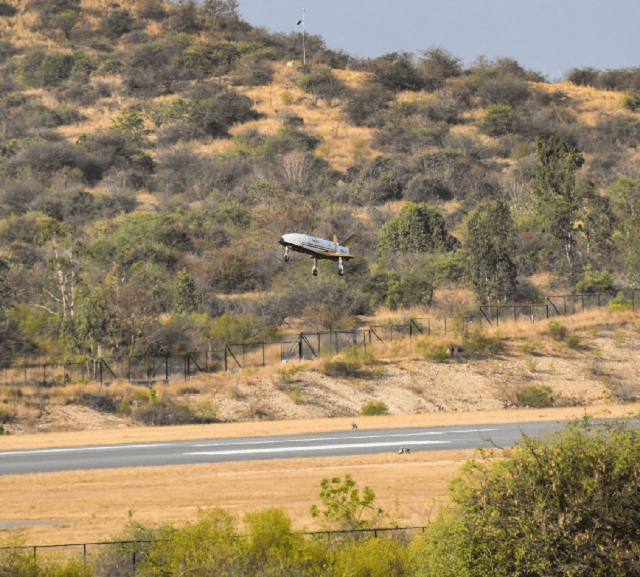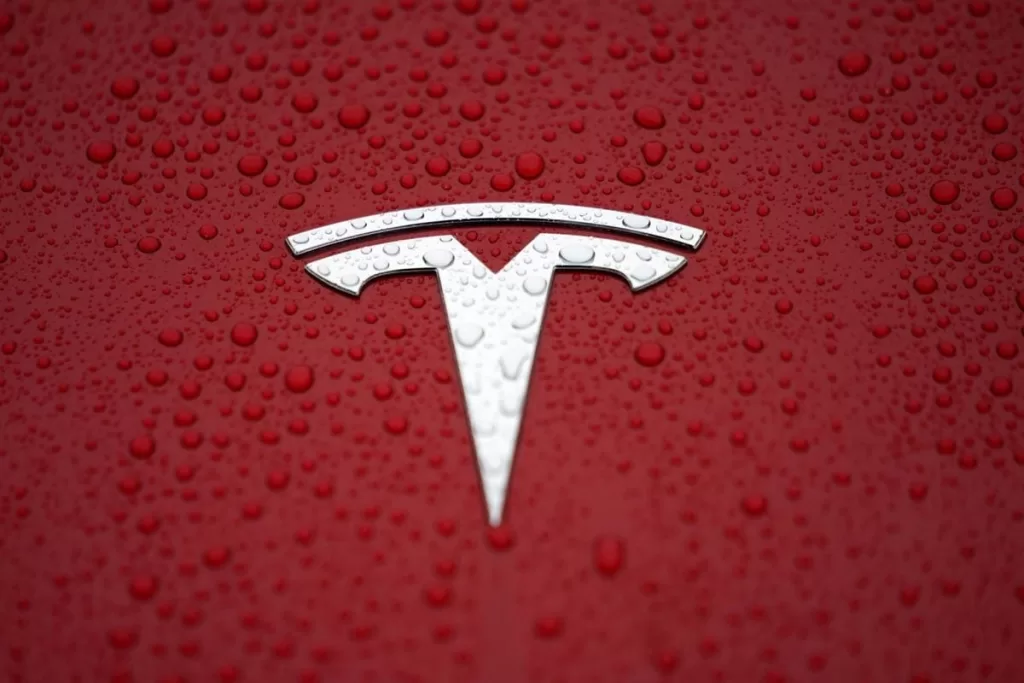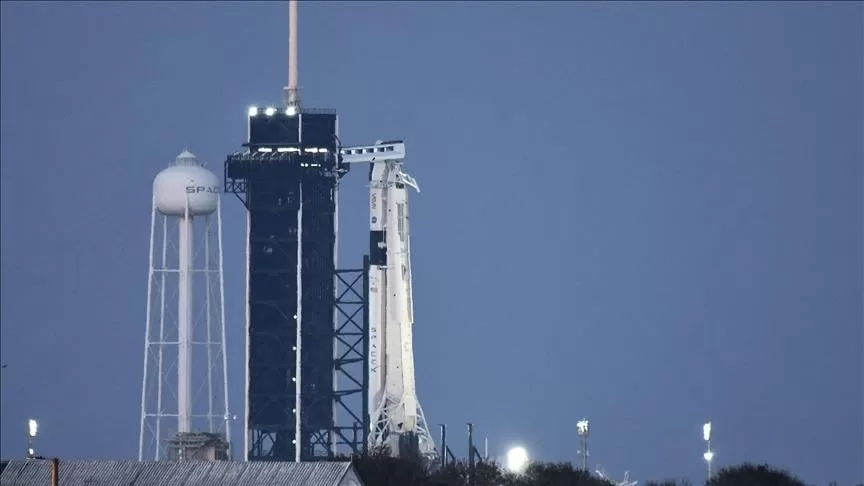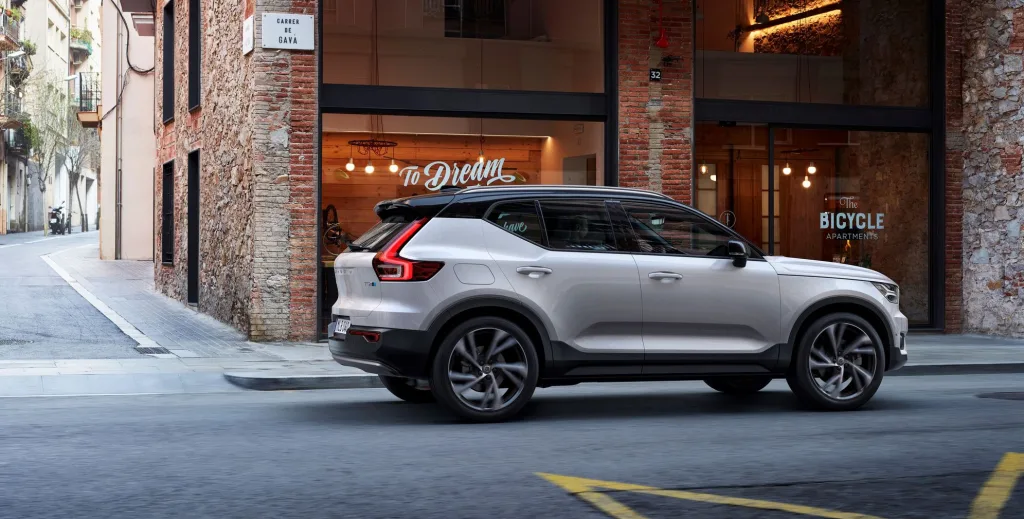BEIJING, April 2 (Reuters) – BYD, China’s largest electric vehicle (EV) manufacturer, reported a 43% decrease in sales for the first quarter of 2024 compared to the previous quarter of 2023. This decline might lead to BYD losing its title as the world’s top EV seller to Tesla, which it held last year.
BYD (002594.SZ) announced the sale of 300,114 EVs in the first quarter of this year, as stated in a filing to the Shenzhen Stock Exchange on Monday. This is a significant drop from the record high of 526,409 units sold in the previous three months when BYD surpassed Tesla. Despite the decrease, first-quarter sales increased by 13.4% compared to the same period last year.
However, this quarterly decline could allow Tesla (TSLA.O) to reclaim the top spot in sales, with projected record sales of 458,500 vehicles for the quarter ending March 31, according to analysts surveyed by Visible Alpha. Tesla is set to report its first-quarter sales on Wednesday.
The estimated Q1 sales for Tesla represent a decrease of over 5% from the previous quarter, attributed to softer overall demand and a slowdown in the Chinese market, where local competitors led by BYD intensified competition to attract buyers.
Tesla’s potential resurgence in sales highlights its enduring global influence, particularly considering the anticipated slowdown in Chinese EV sales growth this year, a trend shared by both companies. It also underscores that BYD’s brief dominance was driven by domestic pricing adjustments.
BYD reported a total of 626,263 units sold across all vehicle types in the first quarter, reflecting a 13.4% increase from the previous year but a 33.7% decline from the record quarterly high of 944,779 units in the fourth quarter, as indicated in the stock exchange filing.
March witnessed sales of 302,459 vehicles, marking a 46% surge from the previous year and the second-highest monthly sales figure. BYD’s monthly sales reached an all-time peak of 341,043 units in December.
March also saw notable performance in sales of purely electric models, which totaled 139,902 units, a 36.3% increase year-on-year, while plug-in hybrid sales surged by 56.4% to 161,729 units.
The China Passenger Car Association is expected to release Tesla’s March delivery figures in China later on Tuesday.


